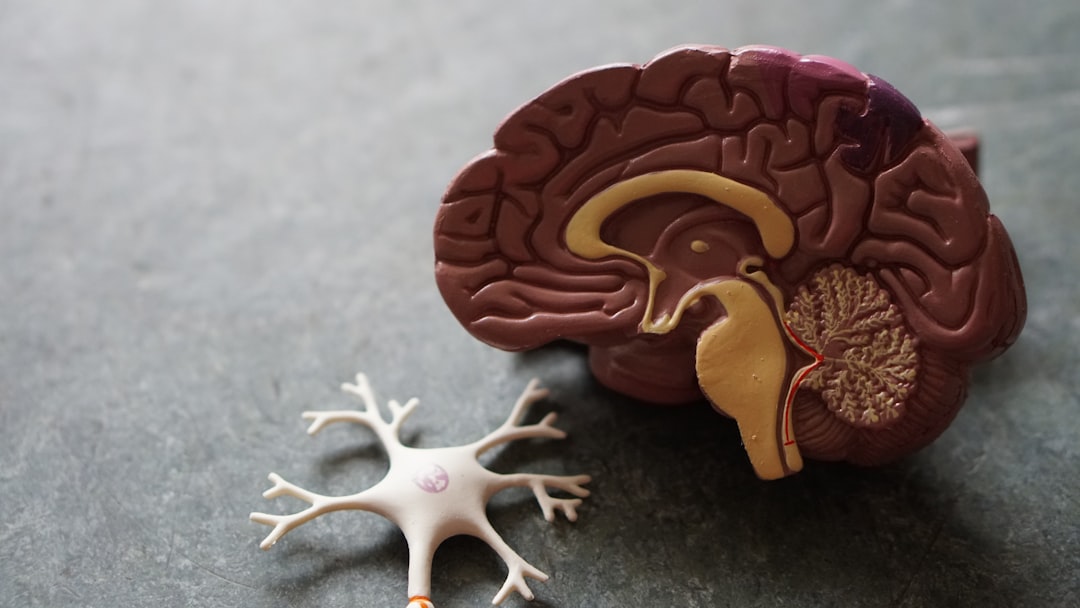What is it about?
Effects of low-dose exposure to pesticides and nerve gas on neurobehavioral outcomes are well documented in both civilian and military populations including the Gulf War Illness (GWI) suffering veterans. Neuronal calcium (Ca2+) imbalances are reported in many neurological disorders including GWI. However, no studies have: (1) investigated mechanisms for long-lasting neuronal Ca2+ levels in GWI; and (2) targeted neuronal Ca2+ release pathways for treatment of GWI neurobehavioral disturbances.
Featured Image
Why is it important?
We demonstrate that: (1) decreased hippocampal Calstabin-2 levels in GWI neurons that could render ryanodine receptors “leaky” and possibly contribute to sustained Ca2+ elevations; and (2) therapeutic targeting of Ca2+ stores with a FDA approved drug levetiracetam significantly lowered elevated Ca2+ in GWI neurons and improved the symptoms of depression, anxiety, and memory impairment in GWI exhibiting rats.
Perspectives
The implications here are that: (1) “leaky” ryanodine receptors could contribute to maintenance of neurological disorders that exhibit Ca2+ disturbances; (2) Ca2+ release pathways are druggable targets; and (3) levetiracetam may offer important alternative for therapeutic management of GWI neurological symptoms.
Dr. Laxmikant Deshpande
Virginia Commonwealth University
Read the Original
This page is a summary of: Targeting intracellular calcium stores alleviates neurological morbidities in a DFP-based rat model of Gulf War Illness, Toxicological Sciences, March 2019, Oxford University Press (OUP),
DOI: 10.1093/toxsci/kfz070.
You can read the full text:
Resources
Contributors
The following have contributed to this page










